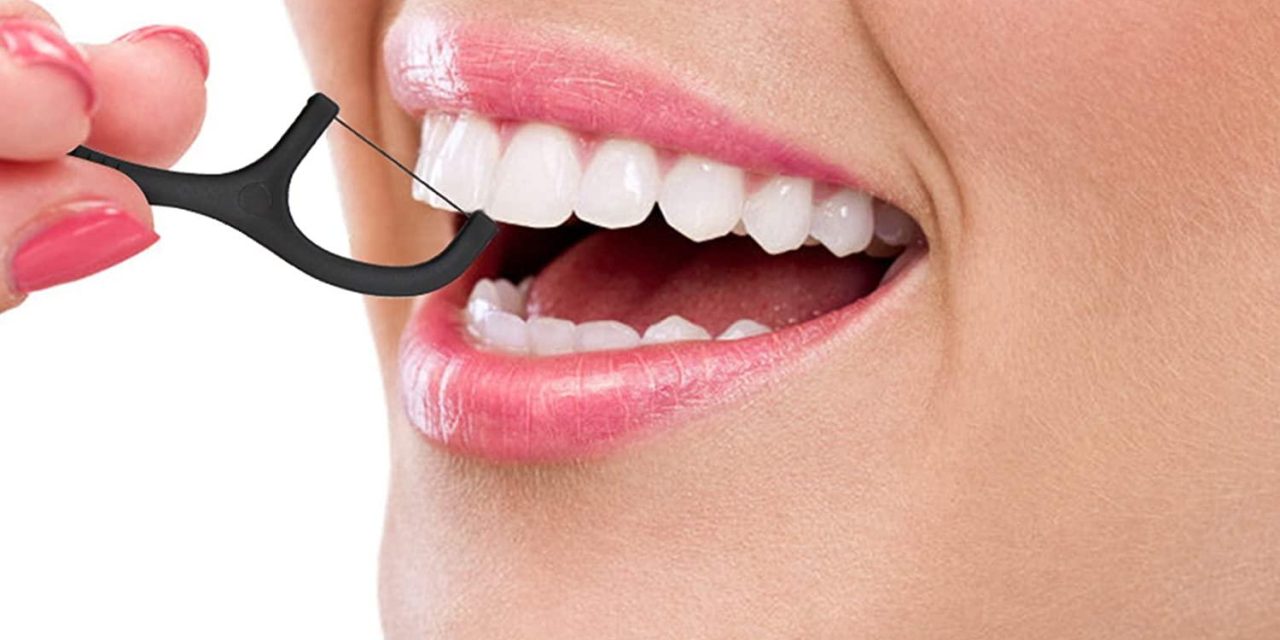
Unlocking the Benefits of Flossing for a Healthier Smile
Flossing is a fundamental component of a comprehensive oral care routine, playing a crucial role in maintaining the health of your teeth and gums. Here’s why flossing is essential and how it contributes to a healthier smile:
1. Plaque and Debris Removal:
- Flossing reaches areas between teeth and along the gumline that a toothbrush may not effectively clean. It helps remove plaque, food particles, and debris, preventing the buildup of bacteria that can lead to cavities and gum disease.
2. Gum Disease Prevention:
- Regular flossing is a powerful ally in preventing gum disease. It removes the plaque that can irritate the gums, cause inflammation, and eventually lead to conditions like gingivitis and periodontitis.
3. Cavity Prevention:
- By removing trapped food particles and plaque, flossing helps prevent the formation of cavities. It addresses the spaces where toothbrush bristles might not reach, particularly between tight teeth.
4. Fresher Breath:
- Flossing helps eliminate bacteria that contribute to bad breath. By maintaining a clean and bacteria-free environment between your teeth, you can enjoy fresher breath.
5. Enhanced Gum Health:
- Healthy gums are the foundation of a strong smile. Flossing promotes gum health by reducing the risk of inflammation, bleeding, and gum recession. It contributes to the overall well-being of your oral tissues.
6. Tartar Prevention:
- Plaque that is not removed through regular brushing and flossing can harden into tartar (calculus). Flossing helps prevent the formation of tartar, which can only be removed by a dental professional.
7. Improved Dental Aesthetics:
- Flossing contributes to a cleaner and more aesthetically pleasing smile. It prevents the accumulation of dark spots between teeth, promoting a brighter and more uniform appearance.
8. Preservation of Tooth Structure:
- Removing plaque and debris through flossing helps preserve the integrity of your teeth. It reduces the risk of decay and can contribute to the longevity of dental restorations such as crowns and bridges.
Tips for Effective Flossing:
- Consistency is Key:
- Make flossing a daily habit. Consistency is crucial for reaping the long-term benefits of this simple yet powerful practice.
- Proper Technique:
- Use a gentle back-and-forth motion, sliding the floss between each tooth and along the curve of the gums. Avoid snapping the floss, as it can cause damage to the delicate gum tissue.
- Choose the Right Floss:
- Select a floss that suits your preferences. Whether you prefer traditional string floss, dental tape, or floss picks, the key is to use a product that you find comfortable and easy to use.
- Be Thorough:
- Take the time to floss each tooth individually. Pay attention to the back molars and any areas where teeth are tightly spaced.
- Regular Dental Check-ups:
- Even with consistent flossing, regular dental check-ups are essential. Your dentist can assess your oral health, provide professional cleanings, and address any concerns.
Flossing is a simple yet indispensable practice for maintaining optimal oral health. Incorporating it into your daily routine, along with regular brushing and dental check-ups, is a proactive step toward a healthier and more radiant smile. 😁🦷


